
Grades:
6th Grade, 7th Grade, 8th Grade, 9th Grade
Students will create Rube Goldberg machines from simple machines in this engaging lesson. The teacher can determine materials such as wooden planks, paper towel rolls, bottle caps, marbles, cardboard

Grades:
4th Grade
The project requires students to act as mechanical and electrical engineers who are tasked with planning, designing, and testing a new toy invention. This toy must have functioning lights, and teams
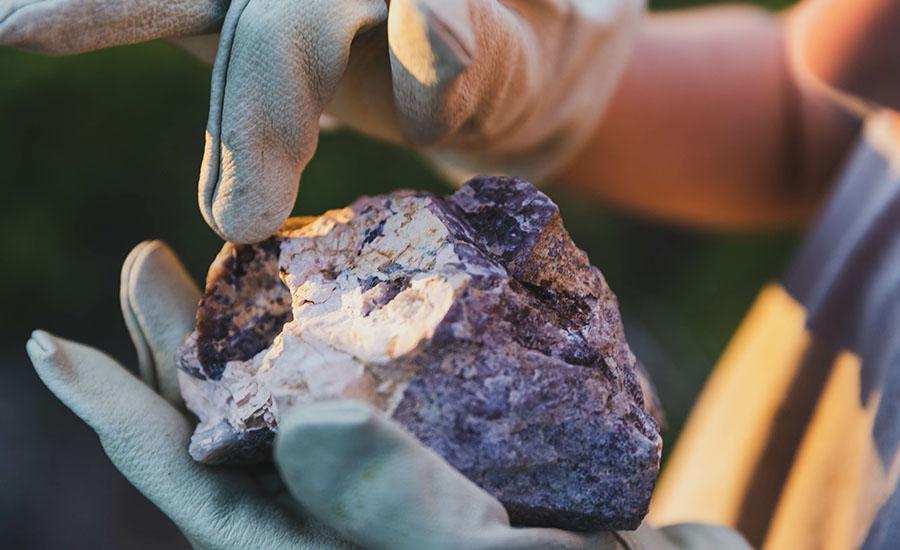
Grades:
4th Grade, 5th Grade, 6th Grade
In this engaging lesson, students will summarize the environmental impact of obtaining and using fossil fuels and recommend solutions for reducing use of fossil fuels. Students use chocolate chip
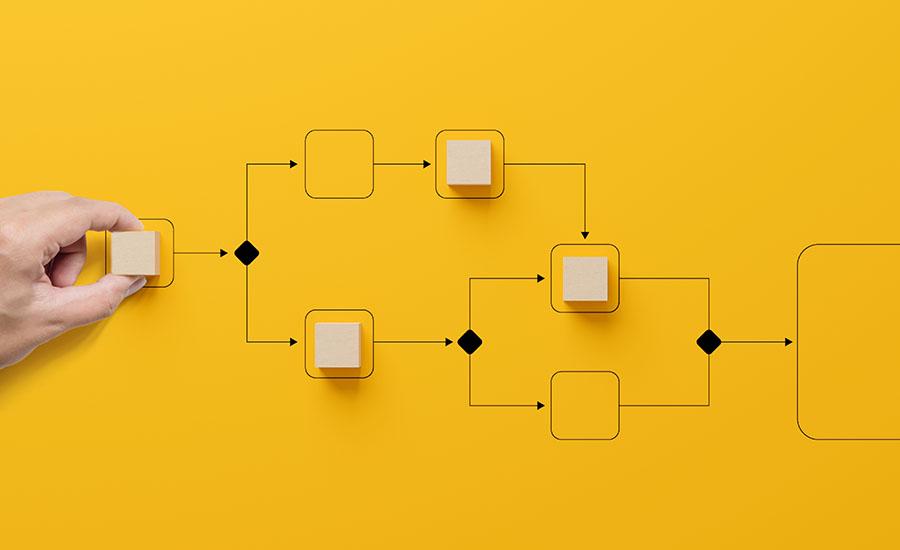
Grades:
3rd Grade, 4th Grade, 5th Grade, 6th Grade, 7th Grade, 8th Grade, 9th Grade, 10th Grade, 11th Grade, 12th Grade
It's time to learn about the engineering design process and apply our understanding to make a sandwich! This fun and engaging lesson is flexible and an opportunity to explore the engineering design
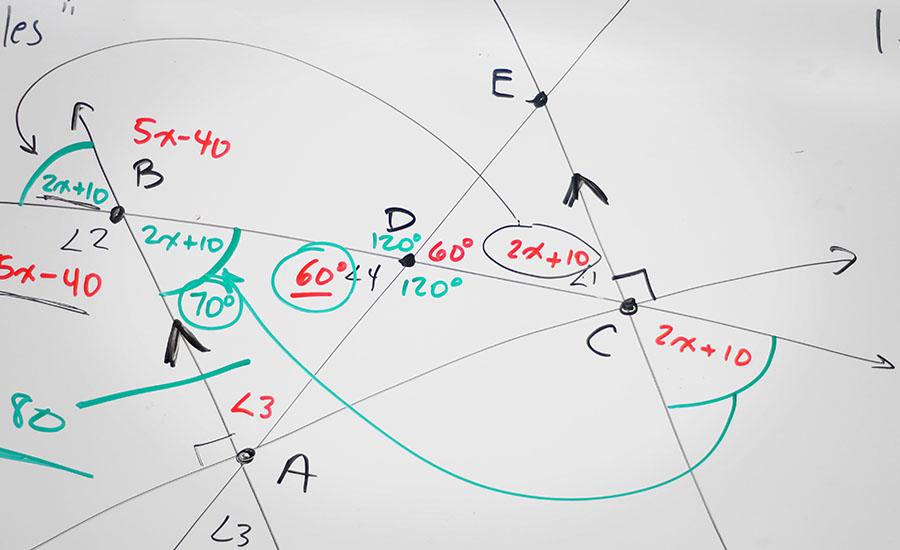
Grades:
6th Grade
In this lesson, students will calculate the surface area of rectangular prism, first constructed and then deconstructed and make observations about any potential differences. Making these connections

Grades:
6th Grade
In this engaging lesson, students will use an online seasons simulation to explore how direct and indirect sunlight influence the seasons. They will graph daylight hours from cities located in

Grades:
6th Grade, 7th Grade, 8th Grade
Model Building For Disaster is a 4-6 week unit in which students research natural disasters around the world and their effect on developing countries. Following their research, student teams design

Grades:
6th Grade, 7th Grade, 8th Grade
Lesson Summary: Students code sprites in scratch to animate the Central Dogma of Biology Materials: Laptops Agenda: The teacher will introduce a list of items like the following: aquarium, bicycle

Grades:
Kindergarten, 1st Grade
Students collaborate to create mazes for the Bee-Bot robot. Students also work in teams to plan and create programs to move Bee-Bots through the maze. For this lesson, students work in groups of 2-3

Grades:
4th Grade, 5th Grade
This lesson teaches students about lines, angles, measuring and naming angles, using a protractor, and engages students by having them build a catapult and measure best angle for furthest launch.

Grades:
Kindergarten
Students will be able to observe and recognize that a thermometer is a device that is used to measure a change in temperature.

Grades:
1st Grade
Students will grow to understand what decomposition is and why it is a vital part to their compost bins success.

Grades:
Kindergarten, 1st Grade, 2nd Grade
Students will learn and explain about pollination and how it helps plants to grow and reproduce. After reading about pollinators, students will collaborate and communicate effectively with their peers

Grades:
4th Grade
This is lesson one for a unit plan on circuitry. In this challenge, students will be tasked with planning, designing, and testing both open and closed circuits. To make things more interesting, they

Grades:
6th Grade, 7th Grade, 8th Grade
Students will learn how to construct a moving car robot and program the robot using block-based coding. They will be successful when they have coded the car robot through a maze, they created, without

Grades:
3rd Grade, 4th Grade, 5th Grade, 6th Grade, 7th Grade, 8th Grade, 9th Grade, 10th Grade, 11th Grade, 12th Grade
In this engaging lesson, students explore how size, strength, weight and time constraints can impact space transportation. There are a variety of resources included with this lesson.

Grades:
6th Grade
In this lesson, students will identify the significance of the shapes found in and around their home. Making these connections will provide a real-world framework to their understanding of mathematics

Grades:
5th Grade
This is the second lesson in the series of lessons comparing how garden growing techniques determine plant growth/production. In this lesson, students will research the best types of plants to grow

Grades:
4th Grade
Students will learn about energy and how it relates to growing plants in this first part of a 4 part lesson. Materials needed: copy of parent signature form, student handbook. Agenda: What is Energy
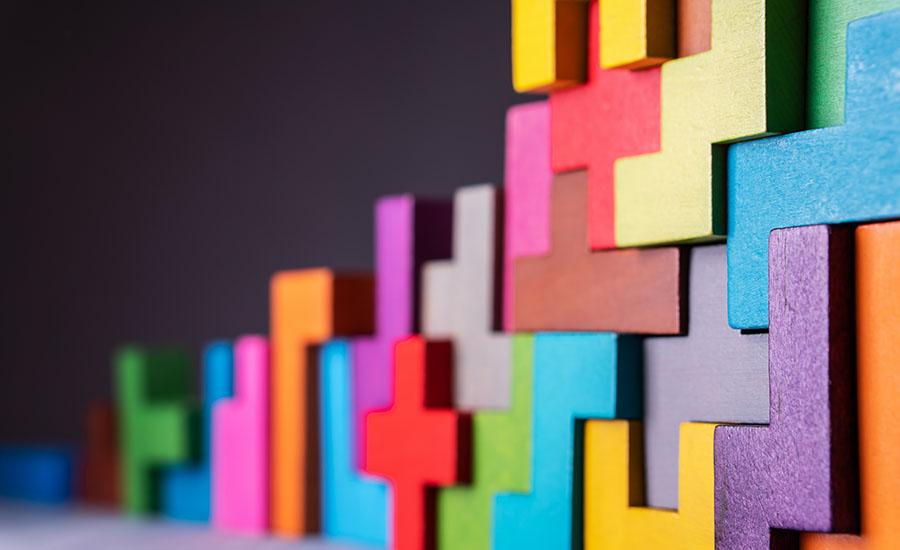
Grades:
6th Grade, 7th Grade, 8th Grade
Students will learn how to create a 3D avatar using Tinkercad and develop their digital design skills. Students will explore the concept of avatars and the role they play in digital media.
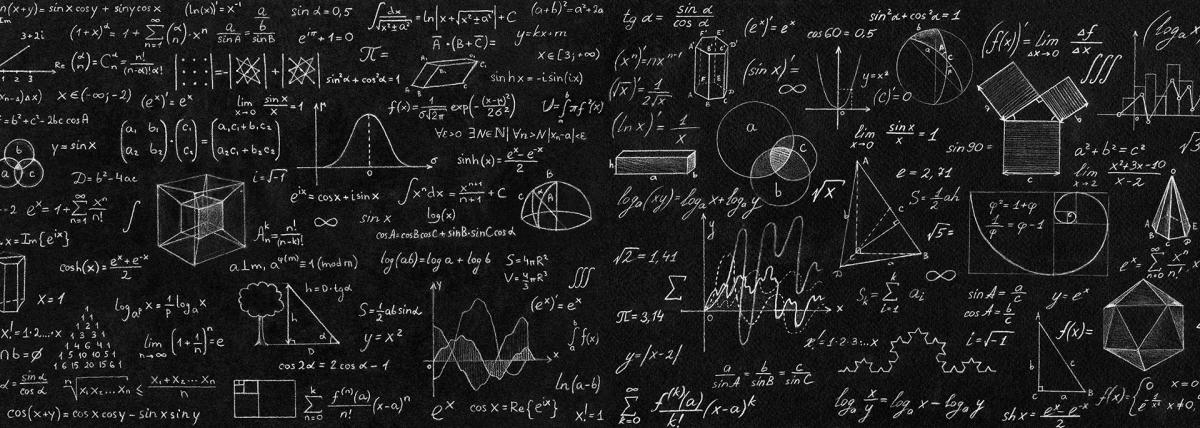
Grades:
6th Grade, 7th Grade, 8th Grade
Summary: Students are coding and observing robots to try and determine all forces acting on the robot. Materials; Robots that can be coded to move in different ways. Laptops to code. Agenda The

Grades:
5th Grade
Students will individually construct straw rockets. Using the launcher, students will learn the concept of Newton's third law of motion: for every action, there is a equal and opposite reaction

Grades:
6th Grade, 7th Grade, 8th Grade
This lesson plan will introduce students to the basics of 3D modeling and design using Tinkercad. Materials: Computers with internet access Tinkercad accounts for each student (if your school does not

Grades:
6th Grade, 7th Grade, 8th Grade
In groups students will construct a roller coaster made completely out of paper that a marble can travel on. The goal is to have the "ride" last for a longer time than other and be able to explain the
